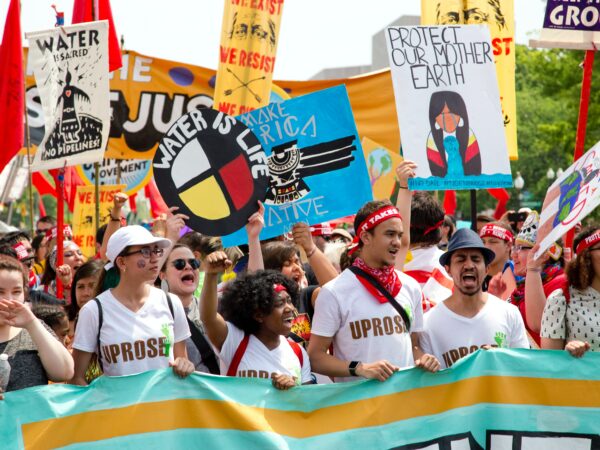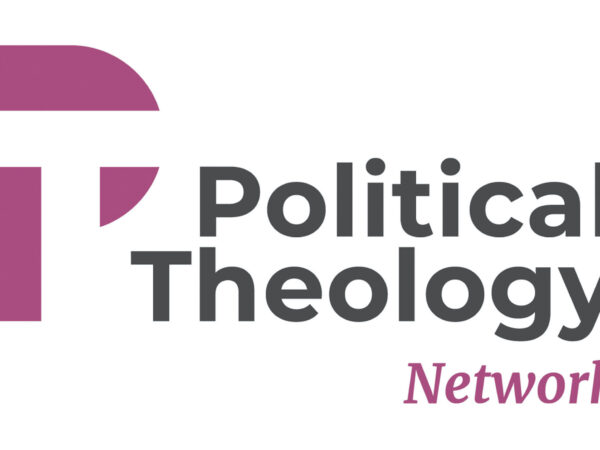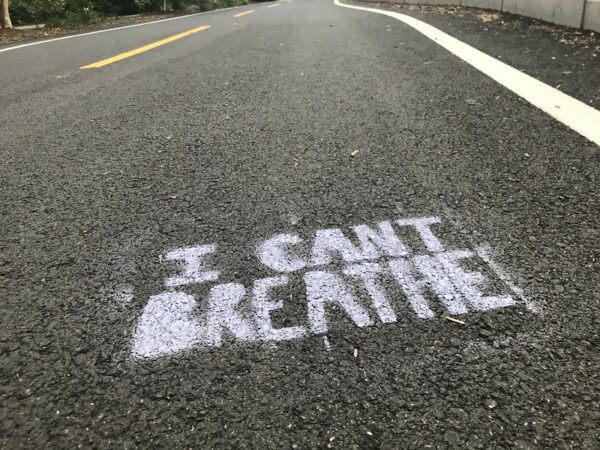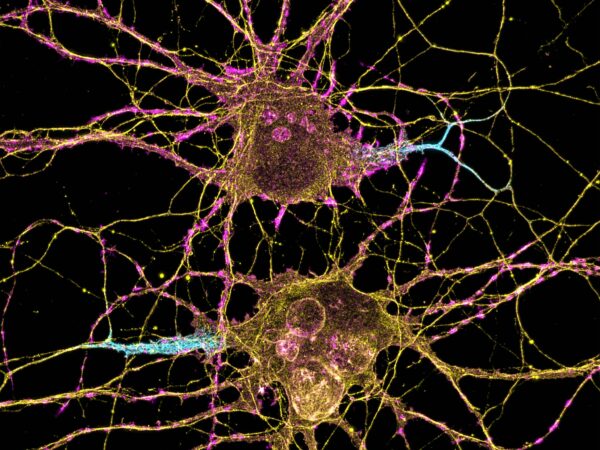
The politics of identity often has Indigenous persons grappling with the dichotomy of US empire’s labels of the Native American Indian as contaminating evil or contaminated victim. For Indigenous Christians Jesus calls on us to spurn these limiting designations, to embrace the spirit of interdependent creation, which brings us back to a family of justice and life.

The Political Theology Network (PTN) seeks two co-hosts who are enthusiastic about developing our ASSEMBLY podcast!

I am struck by the resonance of this notion of asphyxiation, of debilitation as asphyxiation, which makes sense not just to think about debilitated populations in the United States and Palestine/Israel, but also other populations too, in spaces ruled, albeit in different ways, by the logics of neo-liberal capitalism and biopolitical security.

Hannah Arendt argued that interreligious difference and Christian theology are steady influences on political movements, action, and thought.







